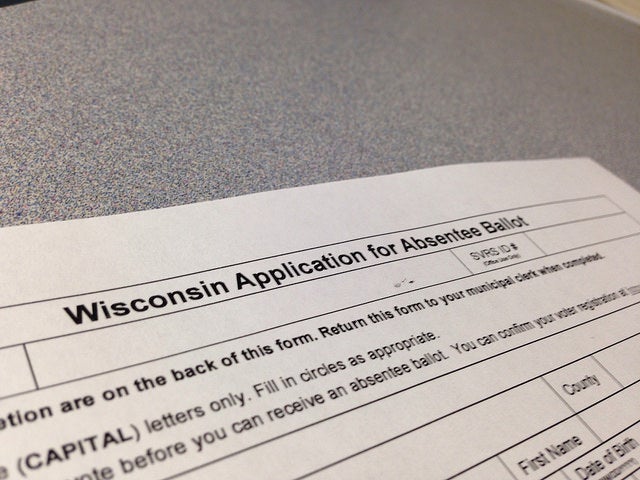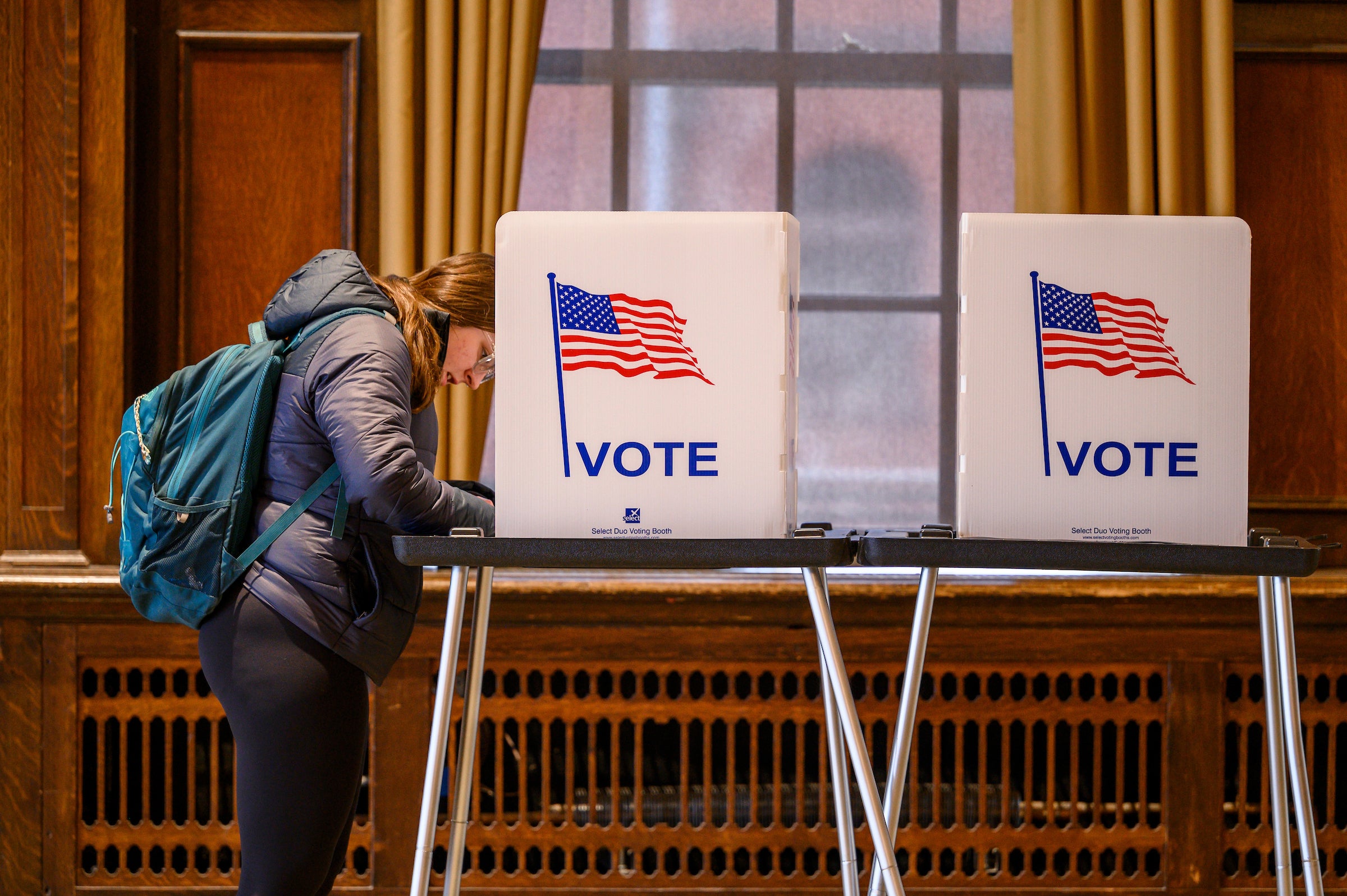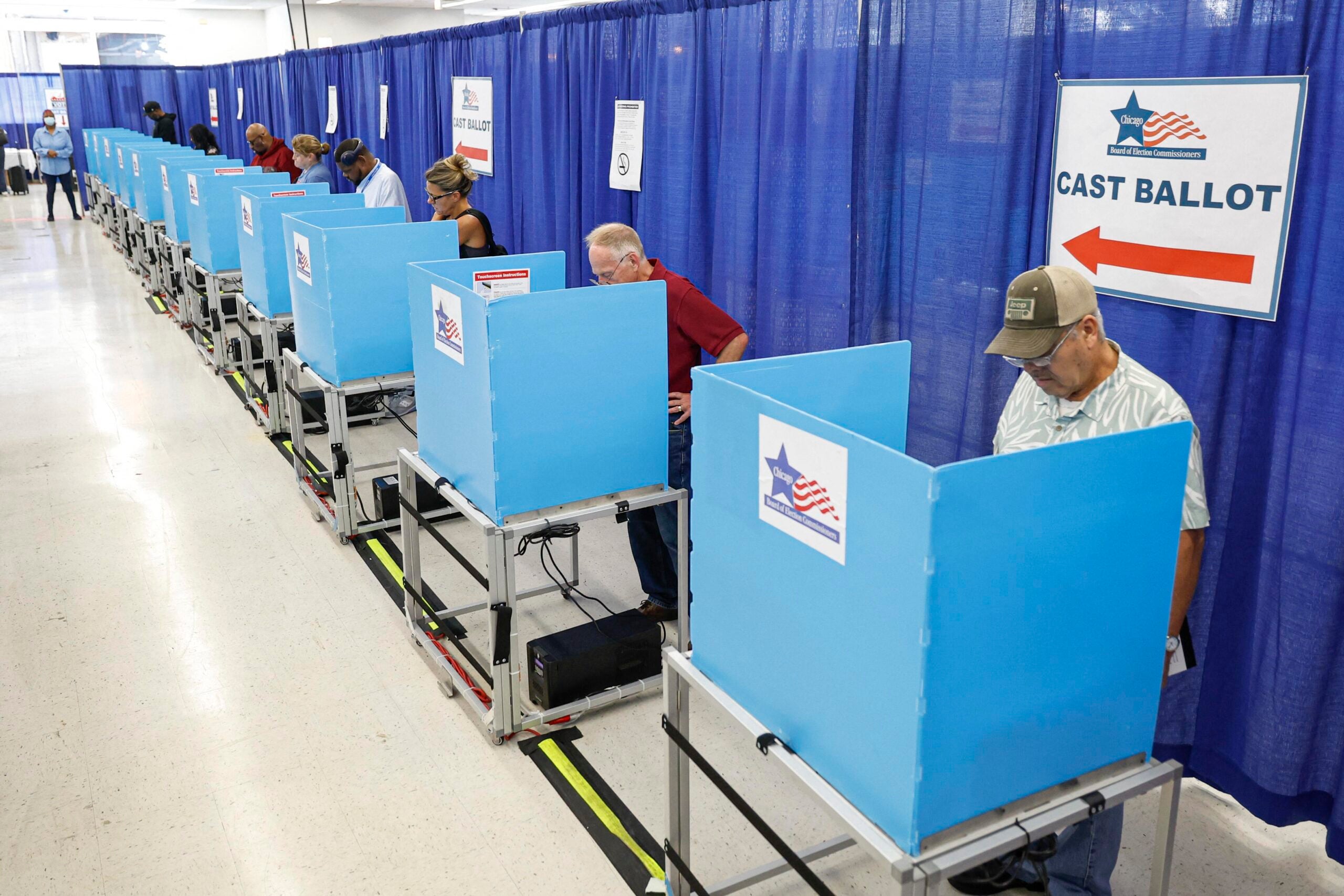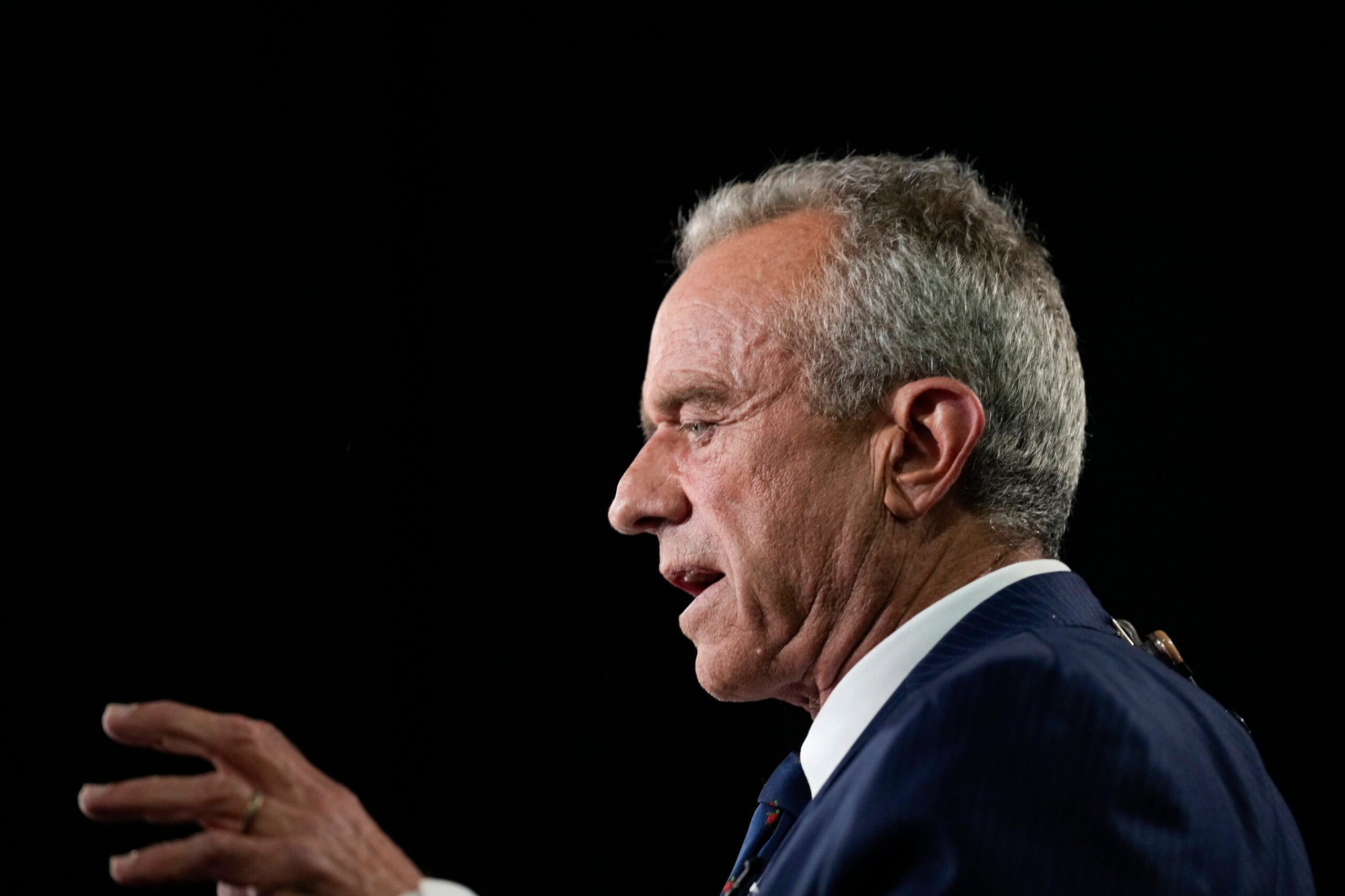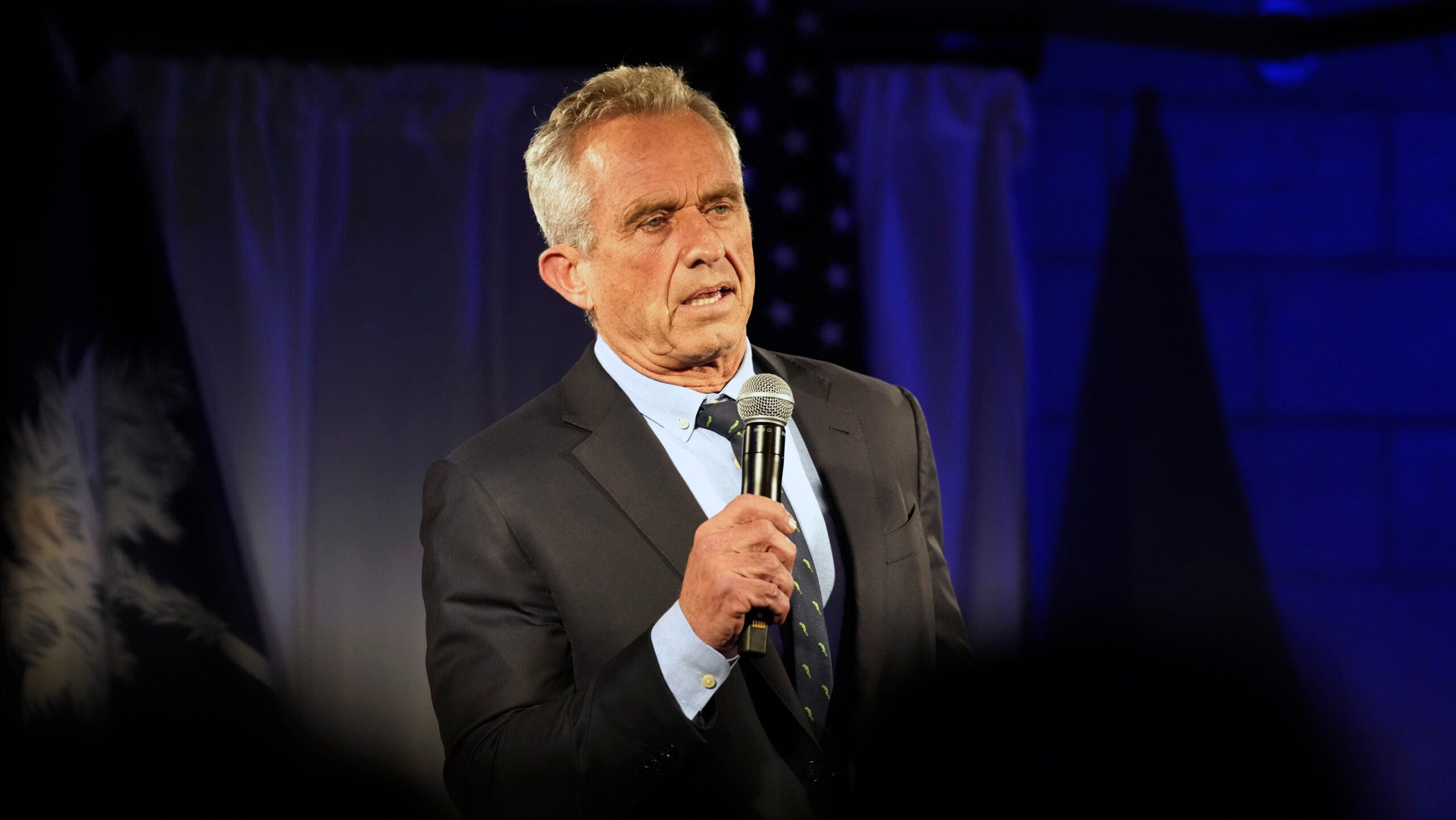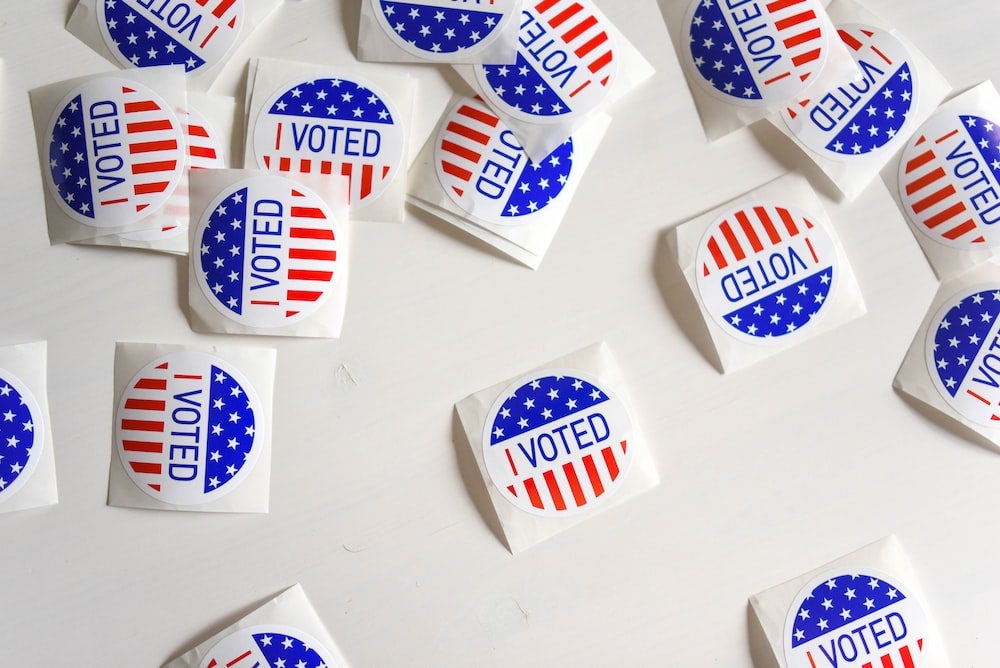The unexpected ruling by a federal appeals court on Friday afternoon that ended an injunction blocking Wisconsin’s voter ID law has left election workers scrambling this week to reinstate the law before the November elections.
Madison City Clerk Maribeth Witzel Biehl said she sent a letter to Madison Mayor Paul Soglin on Friday evening asking for more funding to deal with the law. She said she’ll need to hire more pollworkers, expand their training, and reprint information they distribute to polling places.
She said that she wishes the court would have waited to weigh in on the injunction until after the November election.
Stay informed on the latest news
Sign up for WPR’s email newsletter.
“It’s really hard to change the rules in the middle of an election cycle between a primary and an election,” said Biehl. “It’s really one continuous workflow that we have, and now we’re backtracking and having to reevaluate everything.”
Clerks in other municipalities mailed out a total of more than 11,000 absentee ballots without information about voter ID. The Government Accountability Board said at a news conference on Tuesday that already hundreds of absentee ballots have been submitted without a photocopy of an ID. Those absentee ballots will not be counted unless the voters follow up with some proof of identity.
University of California-Irvine election law professor Rick Hasen said he thinks the U.S. Supreme Court would ultimately side with the 7th Circuit Court of Appeals and uphold Wisconsin’s voter ID law. Hasen nevertheless called the timing of the 7th Circuit’s decision a “big mistake,” saying the Supreme Court has cautioned against lower courts making last minute changes to voting laws.
“The (Supreme Court) cautioned that appellate courts shouldn’t do that, and especially cautioned that as the election gets closer, the risk of voter confusion and problems at the polls increases,” said Hasen. “This is really about as last-minute as you can imagine in terms of changing the rules for an election.”
Wisconsin Attorney General J.B. Van Hollen, who defended Wisconsin’s law, says there’s nothing last-minute about the law, which was signed by Gov. Scott Walker in 2011.
“It should have been implemented many elections ago, and waiting one more election to implement the will of the people as exercised through the Legislature and the governor is contrary to our system of government,” said Van Hollen.
While the American Civil Liberties Union and other plaintiffs may yet appeal the 7th Circuit’s decision, they were quiet about their legal strategy on Monday.
The ruling only applied to the injunction; the court has not issued a decision in the lawsuit itself.
Wisconsin Public Radio, © Copyright 2024, Board of Regents of the University of Wisconsin System and Wisconsin Educational Communications Board.
